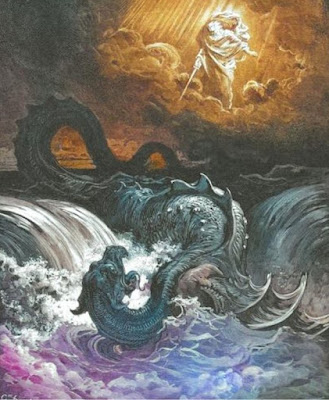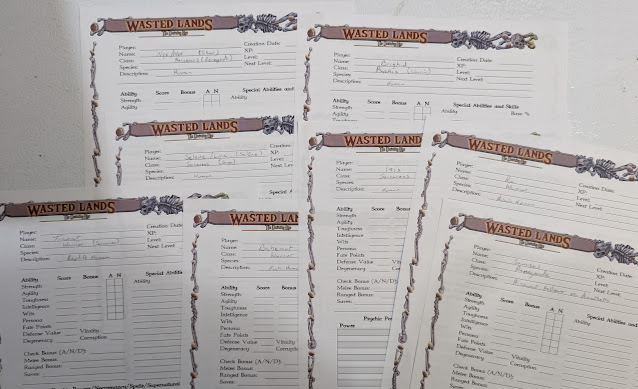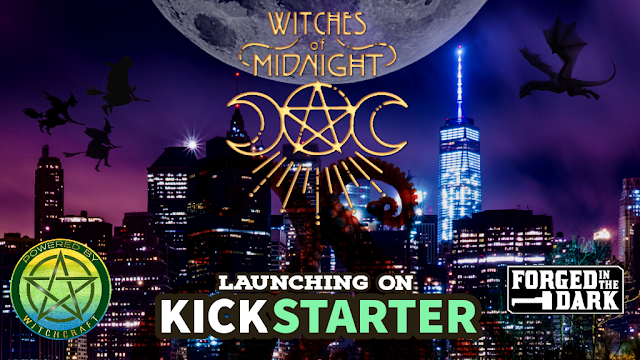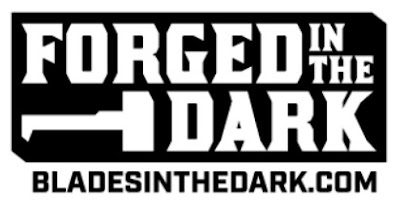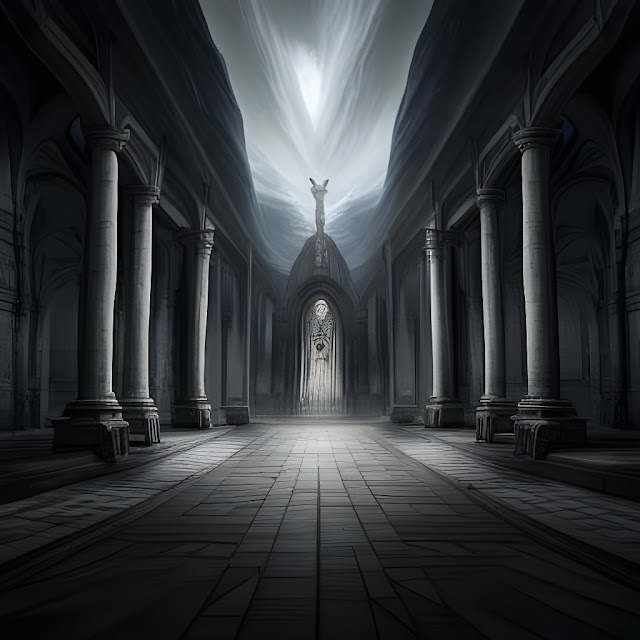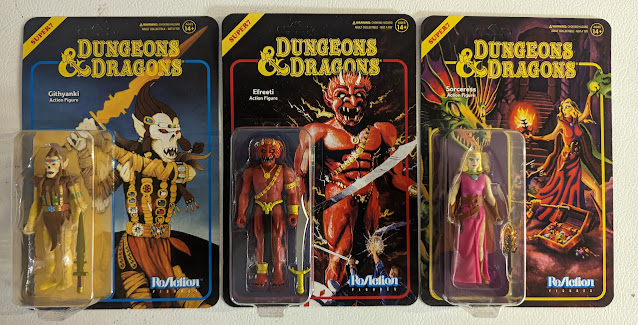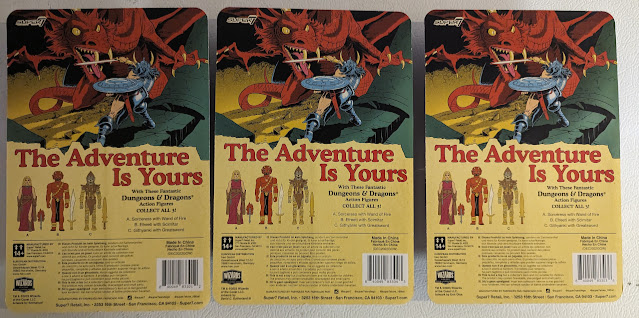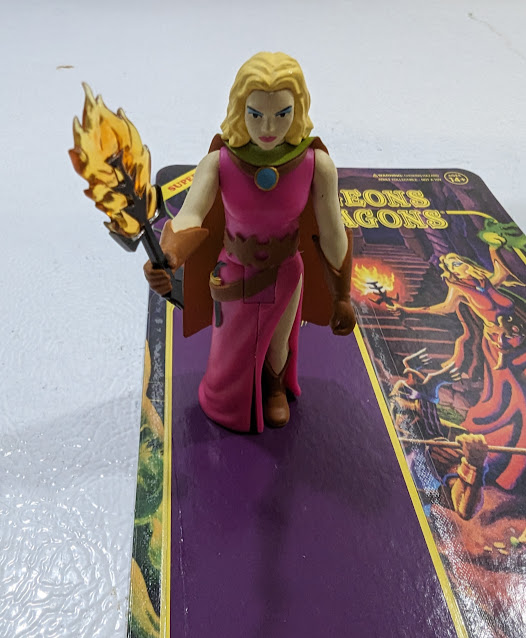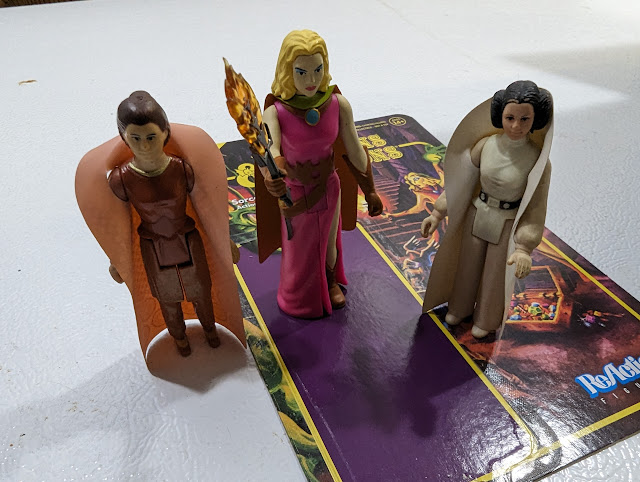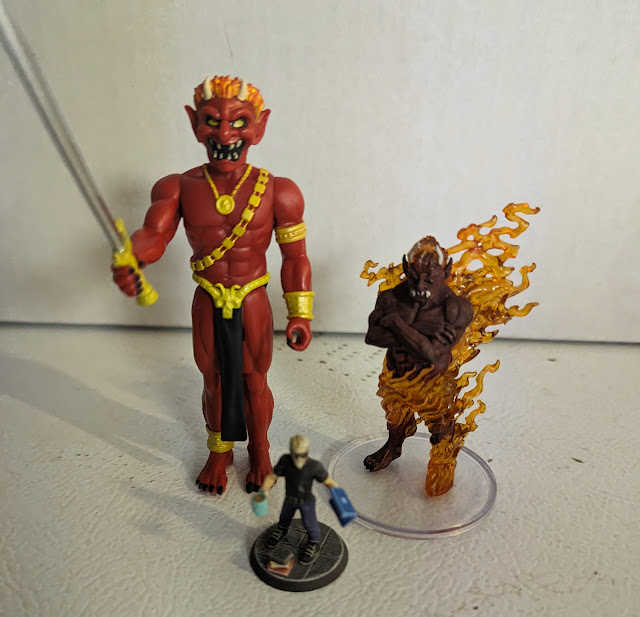Another great Kickstarter coming up this week, in fact live by the time you read this.
Witches of Midnight
This one caught my eye a while back. I have read over the draft rules, and there is a lot here to digest.
While doing that, I will share an interview with the Witches of Midnight Team and let them tell you about this game.
Tim Brannan/The Other Side: It is my pleasure today to be interviewing the team that is currently Kickstarting a new Witch-based RPG and Tarot deck, “Witches of Midnight” which you can find here,
https://www.kickstarter.com/projects/balsamicgames/witches-of-midnight-ttrpg-and-tarot-deck?ref=theotherside
Before we get into all the questions, please introduce yourself and tell us your role on this team.
Witches of MidnightWoM Gavin: Hi, I'm Gavin (they/them). I'm the lead developer, official Lore Weaver, and a co-author of Witches of Midnight. I've been developing tabletop games since 1993 (using the RandInt() function on a TI-84 Plus), but this is the first project that I've felt compelled to publish.
WoM Andrea: Hi, I'm Andrea (she/they). I'm the creative lead and a co-author of Witches of Midnight. This is my first project, but one very close to my heart. I am a practicing witch myself so it is really important to do right by all witches while designing this game.
TB/TOS: Fantastic! What are some of your favorite games? Why?
WoM: Our favorite games include: A Fistful of Darkness, Scum and Villainy, Call of Cthulhu, Shadowrun, Earthdawn, Court of Blades, Brinkwood, Under the Autumn Strangely, Werewolf: The Apocalypse and Vampire: Dark Ages.
We really like dark storytelling games with a supernatural element (what a surprise).
TB/TOS: So, tell us a bit about this game and what backers should be looking forward to when they get it.
WoM: Witches of Midnight is a modern "hopeful horror" narrative storytelling tabletop game that gives you all the tools you'll need to tell epic stories of witchcraft.
Midnight is a city shrouded in magical darkness that calls to witches from every corner of the planet. The Order will stop at nothing to register your abilities and take your greatest power, Wyld Magic.
The Kickstarter will include a 200+ page stand-alone core rulebook, a 100 card tarot deck and guidebook, and a set of six custom six-sided dice. We're also offering a “Powered by Witchcraft” enamel pin for anyone who pledges at a physical reward tier in the first 24 hours.
TB/TOS: What do you all feel makes Witches of Midnight different from games currently on the market? What do you say makes it special? Or, bottom line, why should people want to buy this game?
WoM: Our game is different because it centers witches.. few other games do. Also, our Witches have been "out of the broom closet" and a major part of society for over 400 years. The world is both very similar to ours and very different. We detail out those differences quickly in just a few pages of lore.
We also put a big focus on photography to really bring our Factions and major NPCs to life.
Additionally, we have added a lot of new rules to the Forged in the Dark ecosystem with Witches of Midnight. I'll just mention a few that we are particularly excited about.
All Witches have a Familiar. You can shift between playing as your character and their familiar at will during any game session. We've even done a few "all Familiar" Undertakings which were a ton of fun.
Our magic system is robust and exciting even when you use spells exactly as they are written, but you're also able to Boost spells by spending additional Essence on 4 parameters across a 13 point Magnitude scale.
Lastly, Wyld Magic is a reality-bending burst of spontaneous spellwork that any character may attempt. This could be used to teleport your covenmates to safety, animate an army of the dead, or even to melt faces (like the scene in Raiders of the Lost Ark). But you must be willing to face potentially devastating arcane complications if you fail. And even if you succeed, the hunt begins!
WoM Andrea: From a player’s perspective our setting allows for any style of coven you can imagine. You are not locked into only playing super serious witches. You can play anything from Owl House style coven to a Salem style coven.
TB/TOS: Why Forged in the Dark as your game system?
WoM: When we first started development, we liked how Forged in the Dark games focused on the Crew over the individual. We felt like that was perfect for a Coven.
Later, we realized that Forged in the Dark games also teach lessons in the importance of Consent and Intentional action, and those things are very important aspects of witchcraft.
We also discovered that the concept of Retirement (a FitD game mechanic by which a veteran character takes a less active role in their coven) had a lot of untapped potential, so we really ran with that subsystem and added many new Retirement options based on two new character stats that are tracked throughout a campaign.
We like the simplicity of the rules and that failure can be as much fun as success. You can't say that about most TTRPGs.
TB/TOS: Talk to me a bit more about the Grimoires and Heritages, outside of their Forged in the Dark origins. Grimoires feel a bit like what I would call a Tradition or a type of witchcraft.
WoM: We would call a Grimoire your "magical specialty". We are launching with 22 Grimoires (called Playbooks in other Forged in the Dark games) which is a lot, and we have 6 more planned as Stretch Goals for the Kickstarter.
Contrast that with Casting Style, the method by which you use magic. This would include traditions, faith and spirituality, but also any specifics of casting you might choose such as using tools or gestures and incantations. Any complication that arises from your Casting Style also acts as an XP trigger.
Heritage refers to a character's immortal bloodline. Each player gets to choose their character's Heritage traits, and those traits are malleable over the course of a campaign. You might start as an Asterian (Minotaur blood) with no visible Heritage traits or you could start the game looking like you just stepped out of the labyrinth.
TB/TOS: You say Players can use their own casting style with their characters. How do you see that working?
WoM: We were very conscious, as practitioners ourselves, of not implying that spells must be cast a certain way, or with a certain faith or set of beliefs. Casting Style is our way of handing that control over to the player. We hope that it will provoke conversations between players about the differences between open and closed practices and lead to a better understanding of witchcraft for everyone.
TB/TOS: What sorts of games do you see others playing with these rules? In other words, what can players do in this game?
WoM: When your group makes a Coven (a Session Zero activity when you are also introduced to the game's safety tools) you choose what Factions are Allies and Rivals as well as a question that your Coven wants to work toward answering and what themes you want to explore in that story.
With 22 Factions in Midnight, you'll have nearly infinite options. There are many congregations of bound witches with their own goals and endgame, witch hunters (both subtle and overt), elder-god worshiping apocalypse cults, several factions of fae creatures (each with their own inscrutable goals), religious fanatics and a magically empowered military.
Additionally, we will offer a few curated storylines for you to choose from (subject to change as we are working on them now): Solving mysteries in a hate-free magical academy, explorers trying to map the various realms of the Underworld and a coven focused on radical environmental protection.
TB/TOS: Who would you say Witches of Midnight is for?
WoM: We intended the game for a mature audience who are interested in telling stories about magic.
It's for anyone who has felt like witches are an afterthought in most TTRPGs.
It's also for people who are new to the hobby or felt like they weren't welcome at a gaming table. We tried to make Witches of Midnight inclusive and easy to learn for new players. Most of our playtesters hadn't played a TTRPG before and enjoyed it so much they are still playtesting with us nearly 70 sessions later!
Most of all, this game is for players who want to take charge of their destiny and really leave their mark on Midnight.
TB/TOS: What are your future plans for this game?
WoM: We are already working with a couple of other authors, translators and editors to release expansions that localize the game to other parts of the world and introduce their cultural experiences with witchcraft to our game's audience. These expansions would each include several new Grimoires, Factions, interesting Casting Style details and possibly even new Heritages.
Oslo, Mexico, Deseret and Appalachia are some of the possible locations we hope to explore if the Kickstarter is very successful.
We might also branch out into other types of supernatural creatures in the future, but that is a long way off.
We plan to continue to stream our playtest sessions on Twitch every other Tuesday with our ultra-queer cast on https://twitch.tv/BalsamicGames
TB/TOS: And finally, for the benefit of my audience, well, and me, who are all of your favorite witches or magic-using characters?
WoM Andrea: Lilith and Baba Yaga. We like to play on the darker side of things.
WoM Gavin: I really love the new iteration of Sabrina (Chilling Adventures) and Eda from The Owl House. But to be completely honest and really date myself, Orko from He-Man is the best.
TB/TOS: And where can we find you all on the internet?
WoM: We have a welcoming and inclusive witchy Discord run by Issa Belladonna. We welcome anyone to join us at https://tinyurl.com/JoinBalsamicGamesDiscord
Witches of Midnight // Balsamic Games

